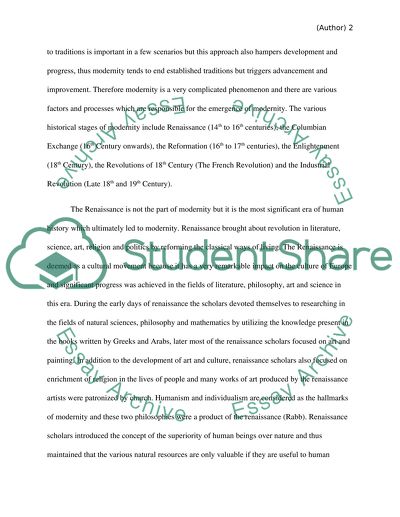Cite this document
(“Emergence of Modernity: Analysis of the Historical Processes Involved Term Paper”, n.d.)
Emergence of Modernity: Analysis of the Historical Processes Involved Term Paper. Retrieved from https://studentshare.org/sociology/1432572-provide-an-in-depth-explanation-of-which
Emergence of Modernity: Analysis of the Historical Processes Involved Term Paper. Retrieved from https://studentshare.org/sociology/1432572-provide-an-in-depth-explanation-of-which
(Emergence of Modernity: Analysis of the Historical Processes Involved Term Paper)
Emergence of Modernity: Analysis of the Historical Processes Involved Term Paper. https://studentshare.org/sociology/1432572-provide-an-in-depth-explanation-of-which.
Emergence of Modernity: Analysis of the Historical Processes Involved Term Paper. https://studentshare.org/sociology/1432572-provide-an-in-depth-explanation-of-which.
“Emergence of Modernity: Analysis of the Historical Processes Involved Term Paper”, n.d. https://studentshare.org/sociology/1432572-provide-an-in-depth-explanation-of-which.


